Page 14
Category: Regulations
-

Government extends asset write-off scheme
The government has extended the instant asset write-off scheme until December 31, 2020, a move that has been applauded by The Australian Refrigeration Association (ARC). The ARC says that giving businesses six more months to immediately claim on purchases up to $150,000 represents a win for refrigeration and air conditioning (RAC) contractors. The instant asset […]
-

A step towards professional registration in NSW
The NSW government has passed the Design and Building Practitioners Bill 2019, marking a major step towards compulsory registration for engineers. “The bill delivers on the New South Wales government’s promise to introduce a suite of new obligations on design and building practitioners to ensure that each step of construction is well documented and compliant,” said […]
-

Help for home builders
The Federal Government has announced a tax-free grant program to assist the residential construction industry during the coronavirus pandemic. Eligible owner-occupiers (including first home buyers) can apply for the $25,000 HomeBuilder grant to build a new home or renovate an existing one. State and territory governments will need to sign the National Partnership Agreement with […]
-
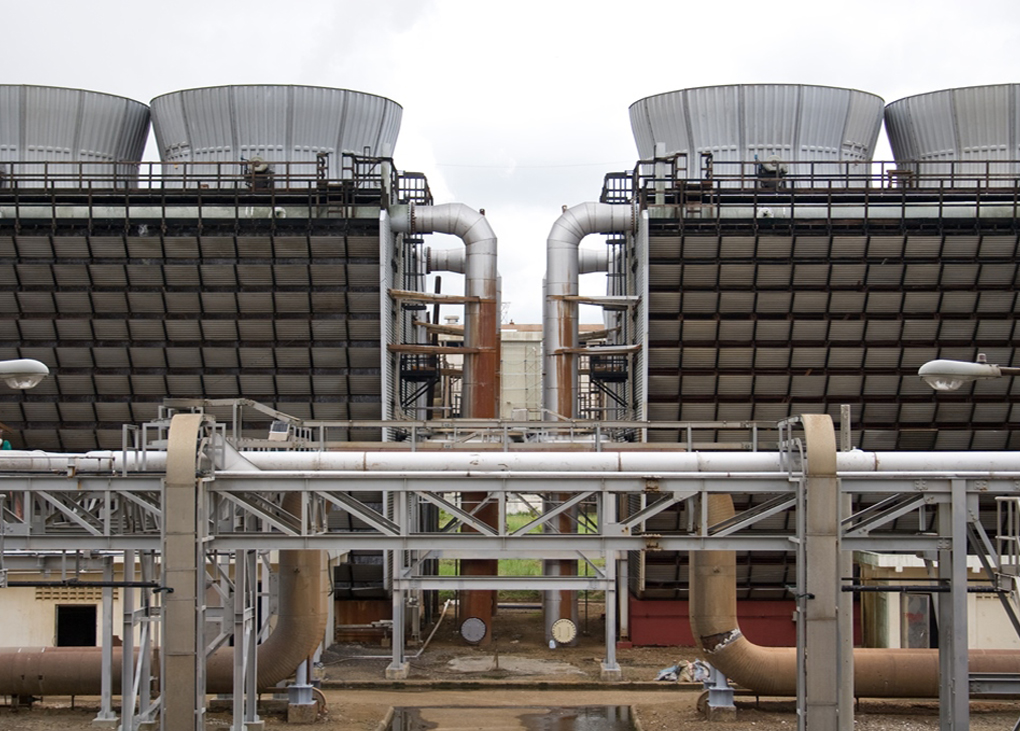
New regs for air-handling and water systems in WA
The Western Australian Department of Health (DOH) has prepared a second discussion paper to explore new regulations around air-handling and water systems. In May 2019 the DOH released a discussion paper for public consultation to investigate the most effective option for managing the potential public health risks associated with air-handling and water distribution systems to […]
-

Government seeks input for technology roadmap
The Australian government is seeking stakeholder input on its national Technology Investment Roadmap for more affordable energy and lower emissions. “The roadmap will help prioritise Australian investments in new and developing low-emissions technologies and allow us to work towards clear priorities over the short, medium and long term,” says the government. “It will provide a […]
-

Expanding the NCC energy pathway
The Australian Institute of Refrigeration, Air Conditioning and Heating (AIRAH) is compiling input from members on a NABERS-proposed update to a verification method in the 2022 National Construction Code (NCC). NABERS is proposing a modification of JV1 NABERS Energy for Offices. The method currently uses Commitment Agreements to demonstrate energy efficiency requirements for office buildings. The […]
-

The Future of NABERS Energy
The National Australian Built Environment Rating System (NABERS) is seeking submissions for The Future of NABERS Energy (FoNE) paper. The FoNE project seeks to adapt NABERS Energy to match changes in the industry. NABERS Energy currently uses the National Greenhouse Accounts (NGA) emissions factors to compare buildings that use different mixes of energy sources. These […]
-

WA government’s NCC delay criticised
In a move criticised by industry bodies, the Western Australia government has changed its building regulations and extended the provisional use of the National Construction Code (NCC) 2016 until May 2021. AIRAH (the Australian Institute of Refrigeration, Air Conditioning and Heating) is one of the bodies that has questioned the strategy behind the decision. It […]
-

Queensland to review licence regulations
The Queensland government has confirmed it will work to address a loophole in its new licensing framework for air conditioning and refrigeration technicians. At the beginning of 2020, a new HVAC&R licensing framework was introduced in Queensland. Workers now require a Queensland Building and Construction Commission (QBCC) licence for mechanical services work. This includes air […]
-

Emissions Reduction Fund under review
The Climate Change Authority (CCA) has released a consultation paper on its 2020 review of the Emissions Reduction Fund (ERF). To inform its review, the Authority is currently inviting input from organisations, businesses and individuals. Established in 2014, the ERF is a government policy to incentivise emissions reductions. It is key to Australia meeting its […]
-
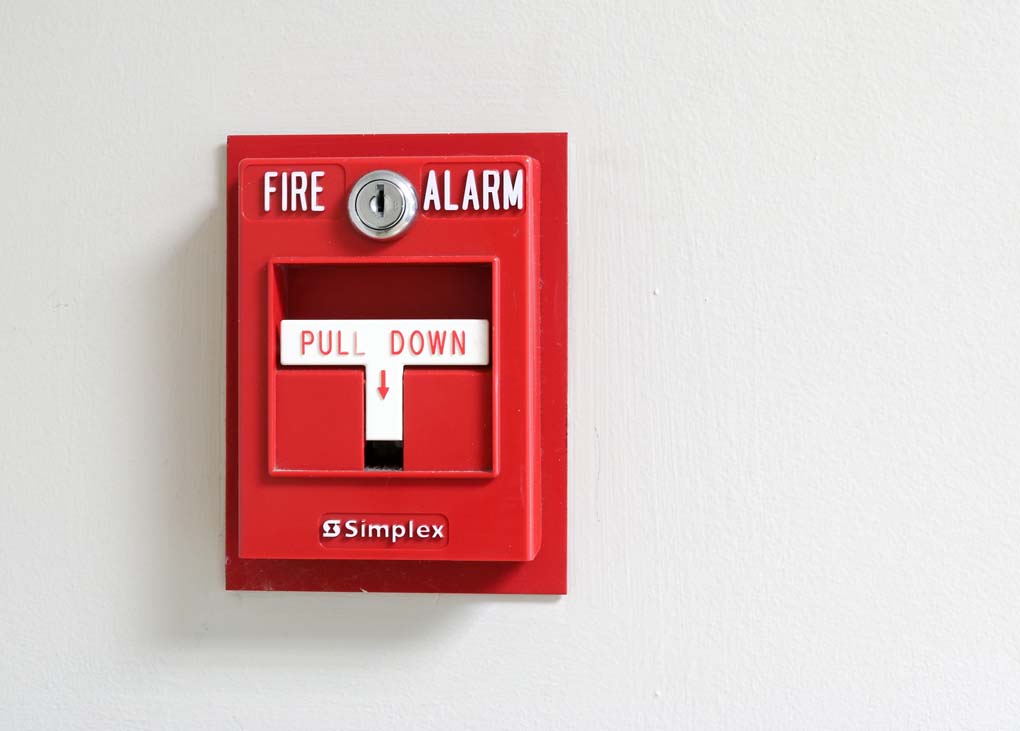
FPAS deadline extended
The Secretary of the NSW Department of Customer Service has advised that the start date for the Fire Protection Accreditation Scheme (FPAS) in NSW has been delayed. The new date will be July 1, 2020. The scheme was expected to be gazetted in early April. This would have made it compulsory for competent fire safety […]
-

Have your say on HVAC&R support solutions
AIRAH is taking part in a Global Survey administered by Intellisurvey to collect input in to the future development of software products to help support HVAC&R companies to manage the scheduling, dispatching and activity tracking of field service technicians and how this could be better integrated in various financial packages. The survey will take less than 10 minutes to […]
-

Grant benefits for registered NT tradies
NT-based tradies and contractors can now register with the Jobs Rescue and Recovery Plan to provide work through the Home Improvement Scheme, Business Improvement Grants and Immediate Work Grants. The $65m plan is aimed at protecting Territorians from the deep economic impacts of the coronavirus through creating new work opportunities, saving jobs, and helping businesses […]
-

NSW, Melbourne extend construction hours
The New South Wales government and the City of Melbourne have extended working hours on construction sites in a bid to protect jobs and limit the economic impact of COVID-19. Under the new rules, construction hours in NSW will be extended to weekends and public holidays. The City of Melbourne is proposing an extra hour […]
-

Out-of-cycle amendment to NCC 2019
The Australian Building Codes Board (ABCB) has released a preview of the National Construction Code (NCC) 2019 Amendment 1, expected to be adopted by all states and territories from July 1, 2020. The NCC sets the minimum acceptable standards for all new construction work in Australia. Since 2005, it has included provisions in Section J for energy […]
-
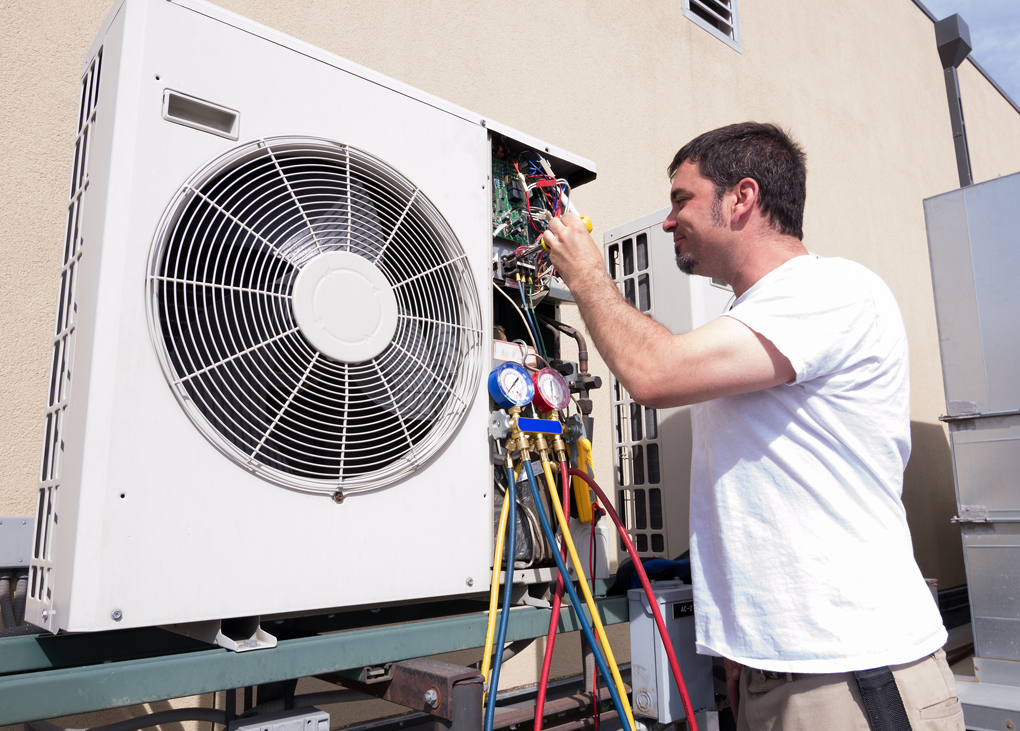
Webinars on new QBCC licensing
At the beginning of this year, a new licensing framework was introduced in Queensland. Workers will now require a Queensland Building and Construction Commission (QBCC) licence for mechanical services work. This includes not just air conditioning and refrigeration but also plumbing and medical gases. To help industry understand and transition to the new framework, the […]
-
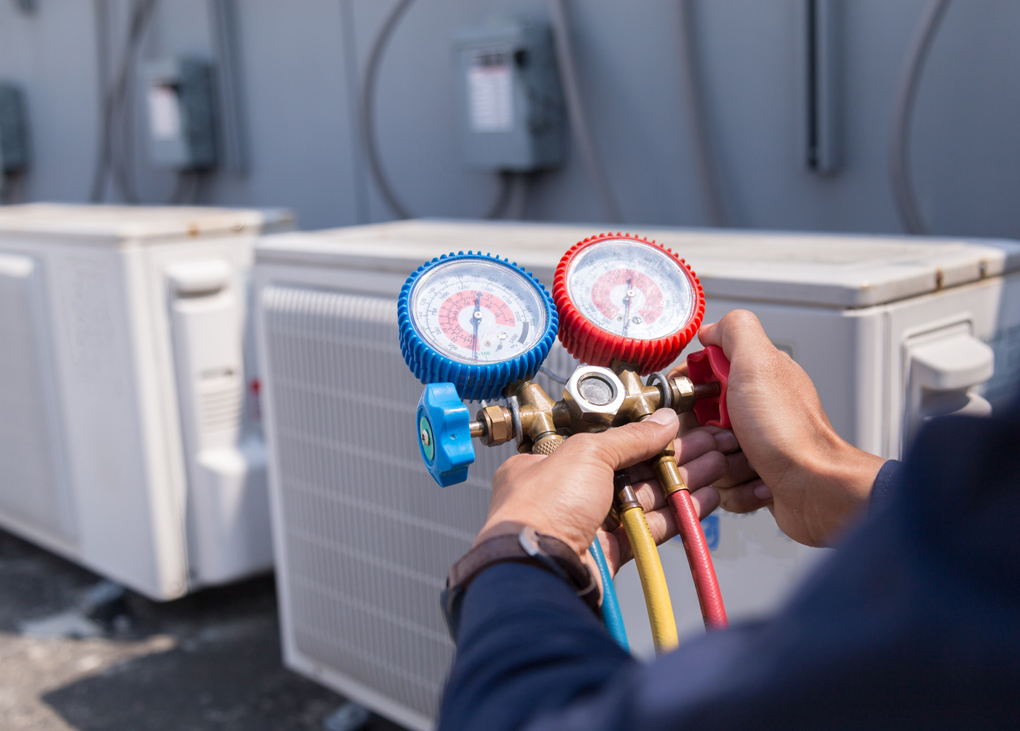
Licensing – now and towards 2050
The Australian Institute of Refrigeration, Air Conditioning and Heating (AIRAH), led by its Refrigeration Special Technical Group, has released a position statement on HVAC&R licensing in Australia, and is seeking input from industry stakeholders. Although there are well-established and successful licensing regimes in place – most notably the national ARCtick licence scheme – AIRAH CEO […]
-

New certifier regulation finalised
The NSW government has finalised the Building and Development Certifiers Regulation 2020. Published on the NSW legislation website, the regulation brings the Building and Development Certifiers Act 2018 into force. As part of the overhaul of the building and construction industry, both the act and regulation are intended to simplify the certification system in NSW, […]
-
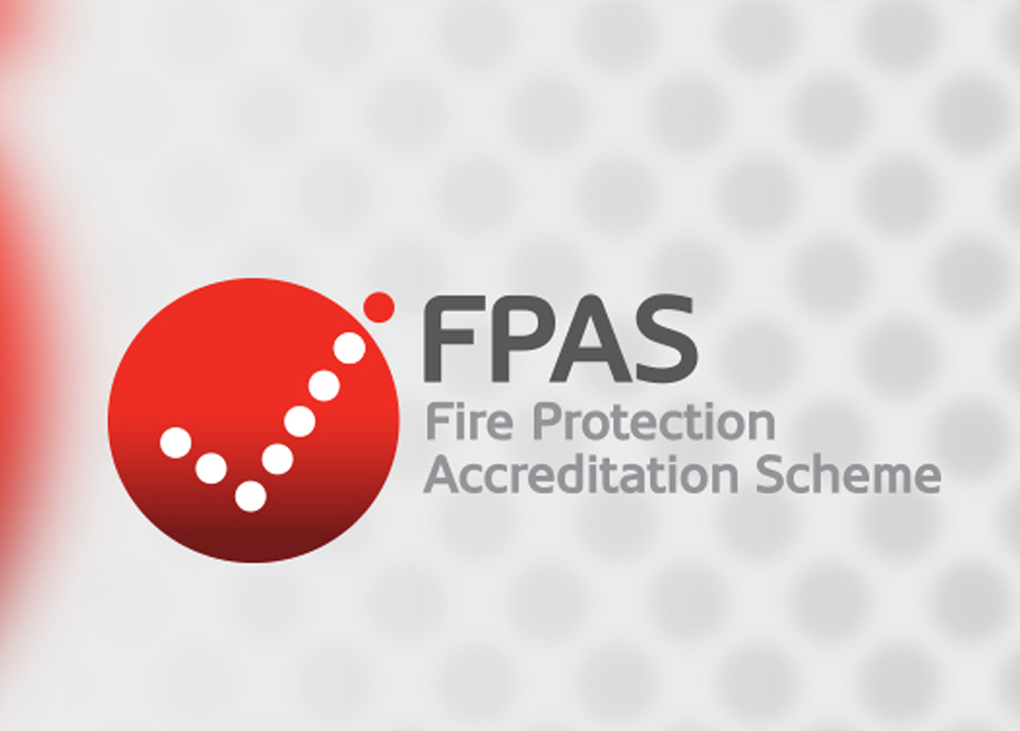
FPAS accreditation now available
As reported previously, fire safety rules are changing in New South Wales from April. For HVAC practitioners, the major change at this stage is that only those who are accredited as competent fire safety practitioners (CFSPs) under the Fire Protection Accreditation Scheme (FPAS) will be authorised to conduct the annual assessment of essential fire safety […]
-

Survey on high-performance HVAC
The University of New South Wales is holding a survey that is part of the Low Carbon Living CRC project “Mainstreaming high performance commercial building HVAC” (RP1033). The purpose of the survey is to investigate the general barriers, drivers and options that affect the design decisions of standard and high-efficiency heating, ventilation and air conditioning […]